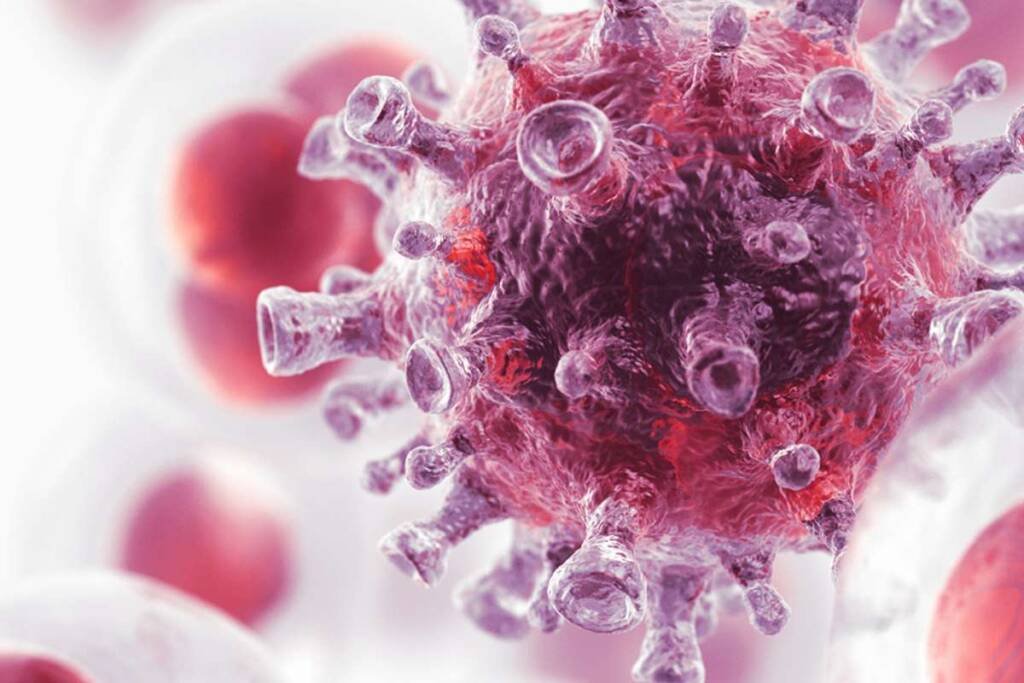Regeneron Pharmaceuticals achieved a significant milestone with the European Medicines Agency (EMA) accepting the Marketing Authorization Application (MAA) for odronextamab, an innovative treatment intended for adult patients grappling with relapsed/refractory (R/R) follicular lymphoma (FL) or R/R diffuse large B-cell lymphoma (DLBCL). These individuals have undergone at least two prior systemic therapies, and the pressing need for effective intervention is evident.
Notably, the EMA has previously bestowed Orphan Drug Designation upon odronextamab for FL and DLBCL. The drug in question, odronextamab, is an experimental CD20xCD3 bispecific antibody, meticulously engineered to establish a bridge between CD20 on cancer cells and CD3-expressing T cells. This connection promotes localized T-cell activation and empowers the eradication of cancer cells.
FL and DLBCL represent the two most prevalent subtypes of B-cell non-Hodgkin lymphoma (B-NHL). FL, characterized by a slow growth pattern, frequently leads to relapse within a five-year span. Conversely, DLBCL is marked by its aggressive nature, with nearly 50% of high-risk patients experiencing progression after initial treatment. These blood cancers become progressively challenging to manage as they advance, especially in cases where third-line treatment and beyond are required, often leaving patients with limited therapeutic options.
The application for Marketing Authorization is underpinned by a robust body of evidence drawn from both Phase 1 and pivotal Phase 2 trials, namely ELM-1 and ELM-2. These trials have scrutinized the potential of odronextamab in addressing FL and DLBCL. The findings were last showcased at the 64th American Society of Hematology Annual Meeting.
Beyond this crucial milestone, Regeneron is embarking on a comprehensive Phase 3 program to delve further into odronextamab’s potential across various lines of therapy and other B-cell non-Hodgkin lymphoma types, effectively establishing one of the most extensive clinical initiatives in the realm of lymphoma.
It’s crucial to note that odronextamab’s safety and efficacy remain under careful evaluation as it navigates its clinical development phase. As part of this journey, the ongoing ELM-2 Phase 2 trial spans more than 500 patients, encompassing distinct disease-specific cohorts such as DLBCL, FL, mantle cell lymphoma, marginal zone lymphoma, and other B-cell non-Hodgkin lymphoma subtypes. The primary benchmark revolves around the objective response rate according to the Lugano Classification, with secondary parameters including complete response, progression-free survival, overall survival, duration of response, disease control rate, safety, and quality of life.
Parallelly, the ongoing ELM-1 Phase 1 trial endeavors to assess odronextamab’s safety and tolerability in patients with CD20+ B-cell malignancies, particularly those who have undergone prior CD20-directed antibody therapy.
Regeneron’s strides in lymphoma treatment hold immense promise, paving the way for more effective strategies to combat these intricate and often aggressive diseases.





























